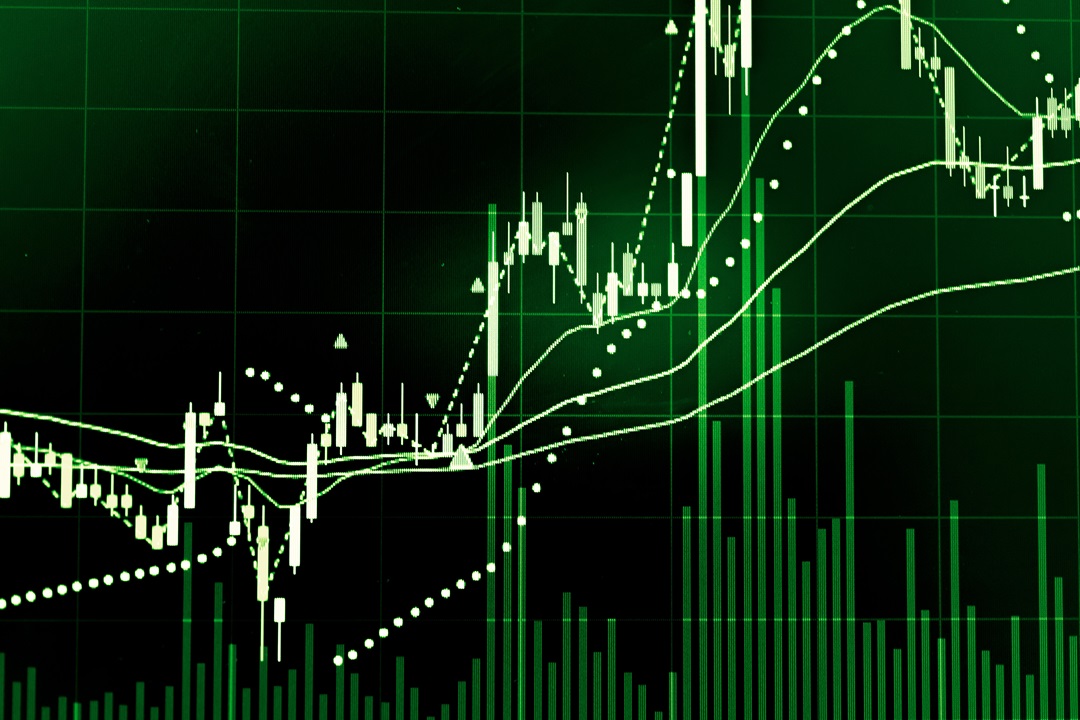2024 will be a turning point for OTC trading and bank transactions. The rapid advancement of technology and the financial sector's adaptation to this progress will enable transactions to be carried out faster and more efficiently. Jetonbank continues to provide online banking services aiming to be a pioneer in this regard.
In this period of accelerating digital transformation, Jetonbank always aims to adapt its banking services to the changing technological landscape, combining OTC and banking transactions. This model will enable customers to conduct OTC and banking transactions on the same platform. This way, customers can carry out their transactions faster and more efficiently.
OTC Definition and Features
OTC stands for Over The Counter and refers to the execution of financial transactions outside of an exchange between two parties. Such transactions usually involve large amounts and special situations. Financial institutions, such as Jetonbank, offer clients various services in OTC transactions.
OTC transactions are usually carried out on stocks, foreign exchange, derivatives, and other financial instruments not listed on an exchange. These transactions are usually between large financial institutions, private investors, and governments.
The most important feature of OTC transactions is that they are customizable. The transaction trading parties can set the transaction terms according to their own needs. This makes OTC transactions more flexible than standardized exchange transactions.
OTC transactions generally involve lower transaction costs and faster transaction times. This is because, unlike an exchange, these transactions are executed directly between two parties without intermediaries. This lowers transaction costs and allows transactions to be completed more quickly.
Jetonbank offers its clients a range of services for OTC transactions. The bank provides its clients with financial solutions customized to their specific needs.

What Does OTC Mean in Trading?
In the markets, the abbreviation OTC stands for over-the-counter markets. Over-the-counter markets refer to direct financial transactions between buyers and sellers outside organized exchanges. OTC market transactions are used to buy and sell securities not traded on organized exchanges.
OTC market transactions occur in less regulated environments and are less transparent. Both buyer and seller financial institutions may be present in this market.
Here, trading transactions occur due to interpersonal negotiations and mutual agreements. Securities in over-the-counter markets have a much more liquid structure than organized stock exchanges. These markets are generally preferred for large-volume transactions and trading by institutional investors.
What is OTC in Crypto?
OTC, which is used in the buying and selling of cryptocurrencies, refers to over-the-counter markets. In cryptocurrency markets, OTC transactions refer to financial transfers made directly between buyers and sellers outside of organized exchanges.
For large investors who want to trade on cryptocurrency exchanges, OTC markets may be preferred to avoid large fluctuations in market prices. While OTC markets operate in a less liquid environment, they allow for larger trade volumes.
In cryptocurrency markets, OTC markets are also preferred by institutional investors and large individual investors, who can minimize their influence on market prices.
Is OTC Trading Legal?
First of all, if we talk about whether it is legal to trade on the OTC market, yes, it is legal to trade on the OTC market. The OTC market is the market where financial instruments are traded outside of the stock exchanges around the world and are not controlled by an organization.
Although certain regulations exist for companies, funds, or other financial instruments traded on the OTC market, this market is not as controlled and organized as a stock exchange.
While investors can sometimes earn higher returns in this market, the risks they may face are also higher than in the stock exchange.
Is OTC Trading Risky?
On the other hand, whether trading on the OTC market is risky or not, yes, trading on the OTC market is riskier than on the stock exchange. Since OTC trading is over-the-counter, more transparency and control should be needed. There may be occasional distortions in the pricing of traded assets.
Counterparty risk is also high. If a broker or Bank becomes insolvent, an investor may have difficulty closing its position. Liquidity risk is also higher compared to the stock exchange. For these reasons, the market and product risks should be analyzed well before taking a position in the OTC market.
Otherwise, the investor may face significant losses due to sudden price movements.
How Do You Use Crypto OTC?
Various ways of trading in the cryptocurrency market have emerged with the increasing number of cryptocurrencies. One of them is OTC desks, and the other is centralized exchanges.
Investors who want to trade cryptocurrency on OTC desks usually want to trade in high volumes. This is because the OTC market has more flexible limits, and better prices can be obtained than in shallow markets.
Traders who want to trade cryptocurrencies on OTC should first find a reliable OTC counter. They should select the cryptocurrency they want to trade from the bank’s list of cryptocurrencies. Then, they should contact the Bank for a buy or sell transaction and get an offer according to the desired volume, price, and amount of crypto. If the offer is favorable, the counter executes the transaction, and the investor sees his cryptocurrencies in his account.
What is OTC vs. P2P Crypto?
Two common ways of trading in the cryptocurrency world are OTC desks and P2P trading. Both are alternatives to centralized exchanges for buying and selling cryptocurrencies. However, there are some fundamental differences between OTC and P2P.
P2P transactions refer to transactions made directly between the buyer and seller. There is no intermediary institution here.
In OTC transactions, banks act as intermediary institutions. In P2P transactions, the cryptocurrency is transferred directly to the buyer's wallet after completing the transaction. In contrast, in OTC transactions, it is first transferred to the Bank's wallet and then to the buyer's wallet.
In addition, OTC transactions are more preferred by institutional investors. P2P transactions, on the other hand, are mostly realized between individual investors. While better prices can be obtained in OTC transactions depending on the volume, this may not be possible in P2P trades.

What is OTC vs. Exchange?
Centralized exchanges and OTC desks are the two main ways of trading in the cryptocurrency market. Both platforms have their advantages and disadvantages.
On centralized exchanges, cryptocurrency trading takes place under more standardized conditions. In these markets, the price of cryptocurrencies is determined by supply and demand, and the composition appeals to a wide range of investors. On exchanges, limits are more limited, and transaction costs are higher.
In OTC markets, on the other hand, transactions can be shaped according to the needs of the buyer and seller. This market has more flexible limits, and better price advantages can be achieved in large-volume trades. While OTC desks cater to institutional investors, individual investors can benefit from this market.
As a result, cryptocurrency traders can trade using centralized exchanges or OTC desks according to their needs and preferences. While each method has advantages, utilizing both platforms is the best strategy.
How to Buy OTC Stocks?
There are various ways to invest in our country and the world, but stocks are among the most preferred. By buying stocks, individual investors can become partners in companies and profit from both dividend income and the appreciation of stocks.
The two most common methods of this type of investment are buying stocks traded on the stock exchange and buying stocks in over-the-counter markets. While listed stocks have the advantage of being easily traded, over-the-counter stocks are issued by smaller companies and therefore carry more risk.
Stocks traded in over-the-counter markets are called OTC Over the counter stocks. These stocks are less liquid as they are not listed on the stock exchange and riskier as they are not subject to regulation.
However, at the same time, companies trading in this market have higher growth potential and can generate higher returns in the long term. Investors wishing to buy OTC stocks should contact a brokerage firm or Bank to open an investment account.
Then, it will be enough to inform them that they want to buy the stocks of the company they are interested in. Since the exchange of shares in this market is done over the phone or online platforms, the investor needs to work with a reliable brokerage firm.
Pros and Cons of OTC Trading
Over-the-counter (OTC) transactions in foreign exchange markets are becoming increasingly important today. OTC markets are markets that are not subject to organization and regulation. A large number of investors trade in these markets.
Transactions in OTC markets are less recordable and more difficult to trace. Still, trading parties in OTC markets can negotiate and set the terms and conditions as they wish. There is less bureaucracy and lower regulatory costs.
Information about account transactions needs to be more transparent and speculative transactions can be carried out more easily. OTC markets are riskier because they are unregulated markets.
Jetonbank provides users with a smooth OTC trading process with its user interface and advanced technological system. Create your online account now to trade OTC with Jetonbank and get information about stock markets!

